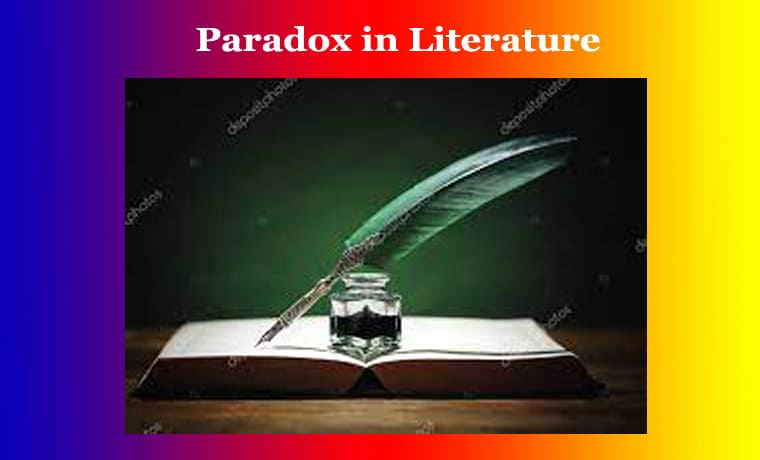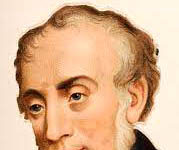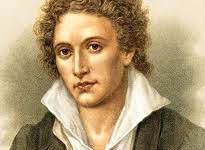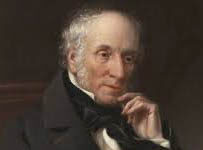Paradox in Literature
Paradox in Literature
Paradox in Literature
Definition of Paradox:
A paradox in literature refers to a statement or situation that appears contradictory, yet, when examined closely, reveals a hidden truth or logic. It involves the juxtaposition of seemingly conflicting ideas, challenging conventional understanding and prompting readers to delve into deeper layers of meaning. Paradoxes are linguistic and conceptual riddles that provoke thought and invite contemplation.
Characteristics of Paradox:
Apparent Contradiction: Paradoxes present an initial appearance of contradiction or illogicality, challenging the reader’s expectations and defying straightforward interpretation.
Revealing Hidden Truth: Beyond the surface contradiction, paradoxes aim to unveil a deeper truth or insight, often forcing readers to reconsider their assumptions or preconceived notions.
Provoking Thought: Paradoxes stimulate intellectual engagement, encouraging readers to grapple with complexities and explore the intricacies of human experience.
Examples of Paradox:
”Less is More”: This paradox suggests that simplicity and minimalism can be more effective and powerful than excess or complexity. It is often used in discussions about design, art, and lifestyle.
“The beginning of the end”: This paradoxical phrase conveys the notion that the start of a process marks the inevitable conclusion. It’s commonly used to describe situations where initial actions set events in motion that lead to an eventual outcome.
“I can resist anything except temptation” (Oscar Wilde): Wilde’s witty paradox underscores the human struggle with desires and the irony of attempting to resist the very thing one finds tempting.
Function of Paradox:
Highlighting Irony: Paradoxes often embody irony, exposing the unexpected or counterintuitive aspects of a situation, which can add depth and complexity to a narrative.
Encouraging Reflection: By presenting apparent contradictions, paradoxes invite readers to reflect on the complexities of life, morality, and human nature.
Enhancing Literary Impact: In literature, the use of paradoxes can contribute to the overall impact of a work by challenging readers’ assumptions and provoking thought.
Conclusion:
Paradoxes, as literary devices, serve as windows into the profound and mysterious aspects of human thought. Through the artful use of contradiction, writers illuminate the nuanced and often perplexing nature of existence, compelling readers to navigate the intricate landscapes of meaning and understanding. In embracing paradoxes, literature becomes a realm where contradictions coexist, revealing the beauty and complexity inherent in the human experience. 0 0 0. Paradox in Literature
Paradox in Literature
Some Articles Relating to Literature:
- Allusion Definition in Literature
- Hysterical Literature
- Conflict Definition in Literature
- What is Symbolism in Literature
- Classic Literature
- Simile in Literature
- Metaphor Definition in Literature
- Tone Examples in Literature
- What is Theme in Literature
- Imagery in Literature
- Diction Definition in Literature
- Definition of Tone in Literature
- Foil Definition in Literature
- Gothic Literature
- Motif in Literature
- Tone Definition in Literature
- Parallelism in Literature
- Personification Definition Literature
- Logos Definition in Literature
- Symbolism Definition in Literature











